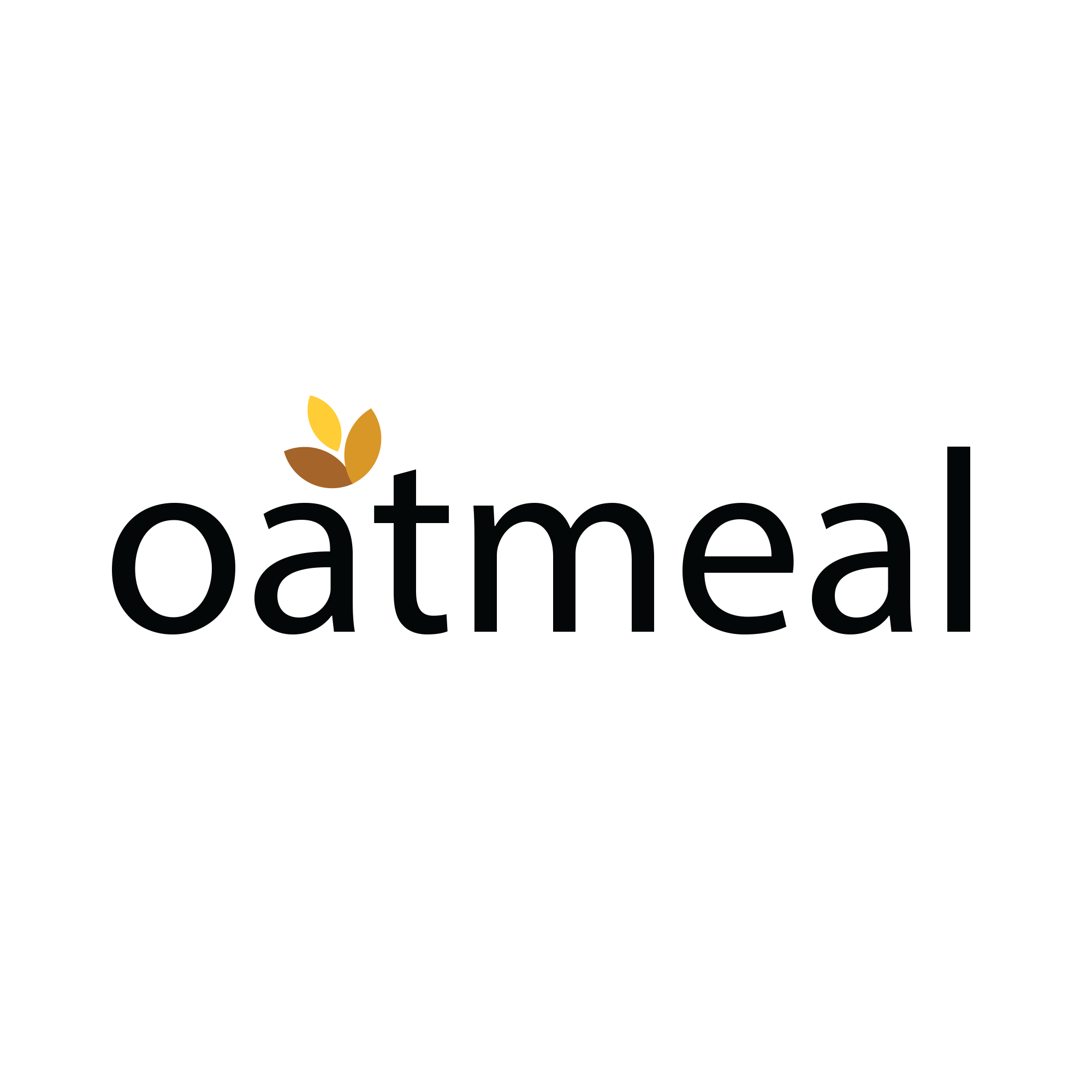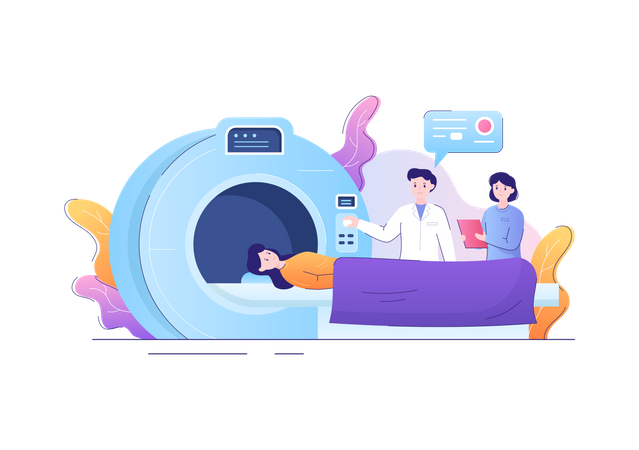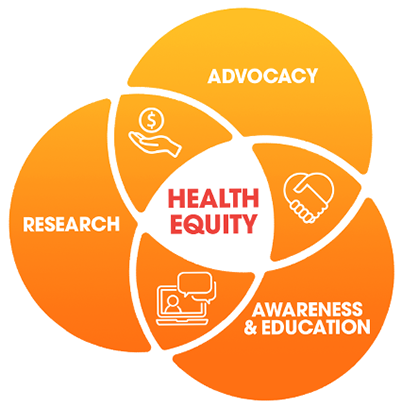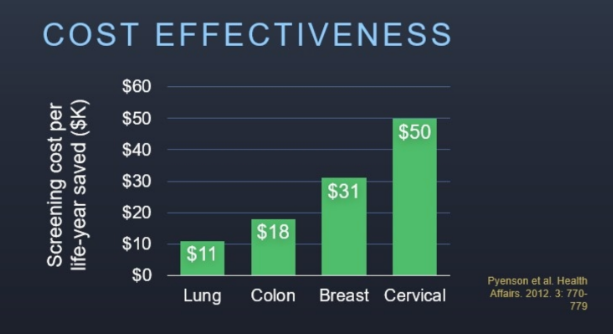What is Oatmeal Health?
Oatmeal is the first virtual cancer clinic for Community Health Centers to deliver high-quality patient-centered and AI technology-enhanced care with Nurse Practitioners and AI-Agents across the cancer continuum: from cancer screening, risk assessments, and access solutions to cancer diagnosis, clinical trial participation, and life-saving education.
These initiatives provide underserved patients access to cutting-edge technologies, innovative treatments, and health services that may not be readily available, helping improve outcomes and address healthcare disparities.


Why is the company named Oatmeal Health?
We get this question all the time, and we love it!
Our name was thoughtfully selected to stand out as a conversation starter and initiate dialogue. Oatmeal, universally known as a wholesome food, embodies our ethos of health and well-being.
This unusual yet memorable name often raises intriguing questions about its origin, opening doors to meaningful conversations about our mission and the problems America is facing with cancer, health equity, and early detection for marginalized communities.
Health equity in action
Underserved communities have endured a long history of disparate access to quality cancer care and a lack of culturally appropriate supportive care services.
Oatmeal Health is committed to reducing disparities associated with additional cancer screenings and diagnoses. We are focused on creating solutions to improve health services and outcomes for communities whose members are disproportionately affected by cancer.


Why now?
Lung cancer kills more people than breast, colorectal, and prostate cancer combined and is more cost-effective than colon, breast, and cervical cancer screening. When compared with breast, colorectal, and cervical cancer, where ~46% of eligible people are screened, only ~5% of patients are screened for lung cancer.
In 2021, more Americans were recommended to get screened and in 2022 reimbursement was approved to allow the 14.5 million eligible Americans to receive these scans at no cost to them. It was also determined that the new guidelines in 2021 address the typically underserved communities that were well represented in the 2013 guidelines.
So lung cancer screening will save more lives, more efficiently, in the communities that need it most.
From our CEO

Our Story: A Journey Fueled by Compassion and Innovation by Jonathan Govette, CEO of Oatmeal Health.
Our story begins with a remarkable woman, my adoptive mother, who became the cornerstone of my life. At the tender age of 20, she was struck by a car, an accident that nearly claimed her life.
Miraculously, she was revived but left with a harsh reality—she could no longer have children. After many years of trying to have kids, she made the incredible decision to adopt me. This act of kindness changed my life forever and set me on a unique path.
Growing up, hospitals became my second home. My mother’s health challenges meant that most of our Christmases, birthdays, and holidays were spent within the hospital walls. Instead of resenting these circumstances, I embraced them. I formed bonds with the doctors and nurses who tirelessly cared for her. Inspired by their dedication, I initially dreamt of becoming a cardiothoracic surgeon. However, as I grew older, I realized my true strength lay in technology.
Remarkably, after adopting me and undergoing several surgeries, my mother was able to have three daughters of her own. She always said I was her blessing, a sentiment that filled our home with love and gratitude.
My journey took a poignant turn with the loss of many family members to cancer. The most heart-wrenching loss was my grandfather, who succumbed to lung cancer. When he was admitted to the hospital, we had to drive three hours to reach him. Sadly, by the time we arrived, he had already passed away. I never got to say goodbye to the man who inspired me in countless ways.
Since then, I have witnessed another ten of my family members die of cancer, a pain that compelled me to take meaningful action. For years, I harbored the dream of finding a way to aid in the early detection of life-threatening diseases, yet the precise solution eluded me. It was only a few years ago that clarity struck, blending my passion for healthcare with my technological expertise.
This epiphany led to the founding of our company. We are dedicated to leveraging advanced technology to revolutionize early detection, aiming to save countless lives. Our mission is deeply personal, rooted in my experiences and the profound impact of my loved ones. We are not just building a company; we are on a crusade to ensure no one has to endure the pain of losing a loved one without a fighting chance.
Our story is one of resilience, love, and an unwavering commitment to making a difference. Through innovation and compassion, we strive to create a future where early detection can save lives, honoring the memory of those we’ve lost and providing hope for countless others.
“In loving memory of my mother, Janet Govette, may she rest in peace, Oatmeal Health stands as a tribute to her legacy. – 2022”